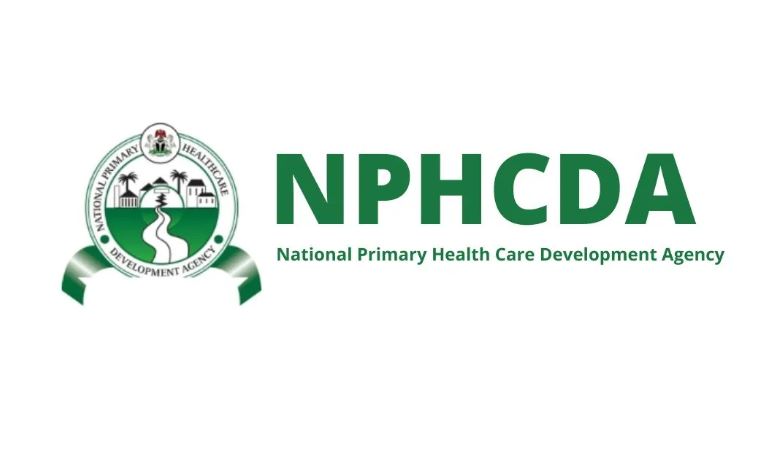By Muhammad Amaan
The Federal Government of Nigeria through the National Primary Health Care Development Agency (NPHCDA) has begun the distribution of essential maternal and child health commodities across the country.
The distribution is a part of its renewed effort to curb Nigeria’s high rate of maternal and newborn deaths.
The programme is coordinated by the NPHCDA, in collaboration with development partners, the initiative seeks to strengthen maternal and child health services and reduce preventable mortality.
In the first phase of distributing the 21priority maternal and neonatal commodities, which kicked off yesterday, items valued at N2.9 billion were shared across 10 states.
The Northwest got 60 per cent, the Northeast received 34 per cent, the Northcentral got per cent, and one state in the Southeast got one per cent.
The initial phase targets 80 out of 172 local governments within the selected states.
At the kick-off of the distribution yesterday in Abuja, NPHCDA’s Executive Director, Dr Muyi Aina, stated that the initiative was designed to save lives, close service delivery gaps, and support states in strengthening primary healthcare systems.
Dr Aina noted that reducing maternal and newborn deaths remains a pressing national priority.
“We need to remind ourselves that our mothers and our newborns deserve better. Too many women die needlessly from preventable causes,” he said.
The executive director stressed that the distribution prioritises regions with the highest burden of maternal deaths.
“When you don’t have enough resources or time to go everywhere at once, you prioritise where the need is biggest, where you have the largest number of women losing their lives due to preventable causes. That’s the basis for selecting 10 states, to start with,” Aina added.
The executive director explained that the commodities were being distributed nationwide alongside training for health workers, equipment supply, and infrastructure upgrades to ensure quality care for mothers and newborns.
The Federal Government is providing leadership, he said, but sustainability depends on states and local governments to complement the central efforts.
He said, “The states have the primary responsibility for service delivery. This is an intervention by the Federal Government to fill some gaps and show the kind of difference they can make so that states will take it on.”
The executive director stressed that Nigeria’s maternal mortality figures are too high and often underreported.
He added: “Regardless of where you look, too many women die needlessly from preventable causes. Whether you cite a figure of 500 or more per 100,000 live births, the truth is that even 10 is uncalled for.”
He said the government would begin annual tracking of maternal mortality to refine strategies.
“If our strategy is working, we double down. If it’s not working, we pivot as appropriate,” he added.
Aina explained why the distribution did not start earlier, saying: “Part of the reason why it has taken us a bit of time to push this out is we wanted that commitment from the states, that they are going to make this sustainable. The funding for these commodities should come from that level.”
The World Health Organisation (WHO) representative, Dr Mary Brantwo, described the commodities as “tools of hope, dignity, and survival.”
She said they represent a shared commitment to safeguarding the lives of mothers and newborns.
The WHO chief hailed NPHCDA for ensuring that supplies reach the communities where they are most needed.
The United Nations Population Fund (UNFPA) Representative, Achu Lordfred, stated that the intervention aligned with UNFPA’s focus on preventing maternal deaths, promoting family planning, and ending gender-based violence.
The Bill and Melinda Gates Foundation, speaking through its Senior Officer, Khalilu Muhammed, said the initiative aligned with the foundation’s vision of spreading innovations, ending diseases, and lifting millions out of poverty.




